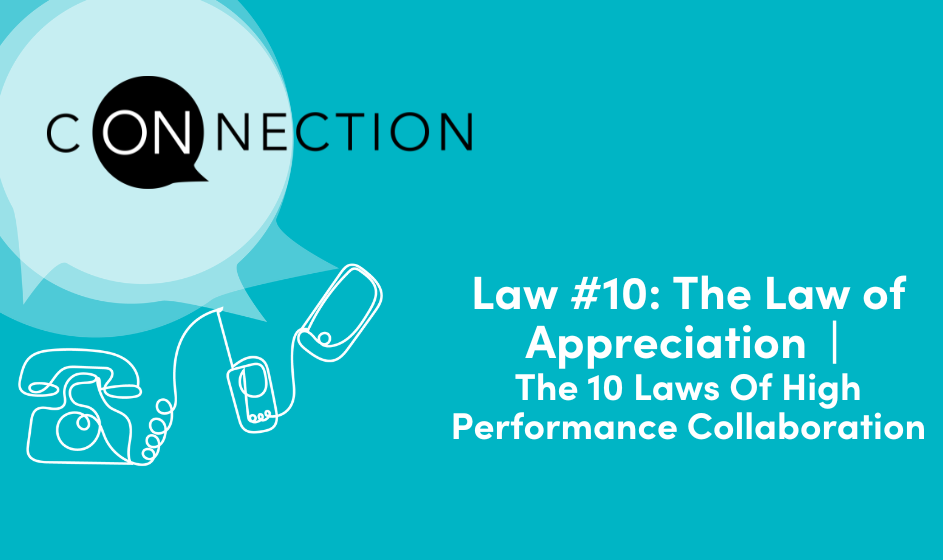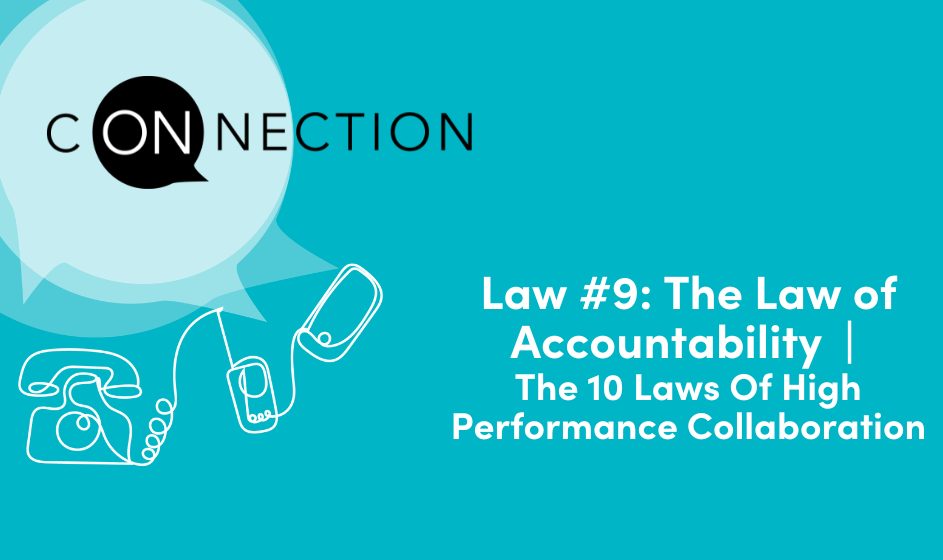The key to providing feedback – Check your assumptions at the door.
As a leader, when you think about giving performance improvement feedback to your team members, what thoughts and feelings emerge? Do you get excited about delivering the feedback or do your palms sweat? Do you feel motivated to get the meeting scheduled or do you put it off? If you dread performance conversations, where improvement feedback is required, you aren’t alone. Many leaders postpone, or worse yet, avoid performance conversations all together. In my experience, this applies to all levels of leader.
Reflecting on my own experience as a leader, in my early days as a manager, I recall delaying a feedback conversation because I was afraid to demotivate a highly specialized team member that had skills that were difficult to find in the job market at the time. I assumed that any critical feedback would cause him to disconnect and decide to leave. It wasn’t until a mentor of mine helped me see I was taking a bigger risk by not giving the feedback. Plus, I was catastrophizing the situation. The longer I delayed, the harder I felt the conversation would be. Not to mention, I wasn’t giving this highly skilled professional the benefit of open and honest feedback. I knew this was a person that wanted to reach his full potential. Yet, I allowed my assumption to delay an important conversation.
The good news in this story is that the employee was grateful for the feedback. And it not only helped his performance, it strengthened our relationship. An extra added learning lesson was that he asked me point blank why I didn’t share the feedback sooner. “Why did you wait until now?” A fair question and one I respected. That question is likely the reason this story stayed with me after all these years. I was honest with him and explained my concern. And what he said next really cemented the lesson. He said, “It’s conversations like this that will keep me here. I need to know I’m getting the real deal.”
So, what does cause leaders to delay or avoid feedback?
Over the years, working with many leaders at various levels in organizations, I have observed a few trends that explain the delay or avoidance of giving feedback. See if any of these barriers resonate for you.
- Fear of damaging the relationship. This is when leaders assume that giving the feedback will ultimately damage the relationship with their employee. I’ve observed this to be prevalent when leaders and their team members have worked together for a long time and have developed a close relationship. It’s not uncommon to assume that hard conversations will put strain on a relationship.
- Concern about demotivating the receiver. This was the case in the personal example I shared. This is when a leader assumes that the feedback will cause the performance to slip even more and worse yet, will cause a team member to want to leave the team.
- Overpreparing to avoid a debate. It’s not unusual for the feedback to be delayed while a leader works long hours to get the words and examples down perfectly before they deliver the feedback. This occurs when a leader assumes the employee will be defensive. I had one leader say to me, “I need to get it exactly right before I have the conversation.” When asked what he was most concerned about in giving the feedback, he was delaying and overprocessing assuming the employee would argue the feedback.
So what is a leader to do to overcome these challenges?
If any of these trends (or combination of trends) resonate with you, here’s a few antidotes that can help you overcome these barriers.
Conversations are the work of feedback. At Conversant, we see that conversations are the work of leadership. It’s virtually impossible to make the future different than the past without a conversation. Your team members can’t read your mind. Nor can you read theirs. In order to make any improvement, conversation is an asset we have at the ready every day and always. And it’s the thing that most leaders and teams completely overlook. When it comes to feedback, my top recommendation is to see feedback not as a one-way street, but rather it’s a conversation between the two of you to help one another align on what good looks like, and why that performance is important to both of you. In my experience, feedback is most valuable when leaders are both prepared to share their perspective but are also curious about their team member’s point of view. Examples of questions to learn their point of view are:
- What are your concerns about what I’m sharing?
- What is important to you about (subject)?
- What are your thoughts about how to improve this going forward?
Set aside assumptions. Did you notice that assumptions were at the heart of each of the trends that cause leaders to delay or avoid giving feedback? Fear of damaging the relationship, concern about demotivation, and overprocessing the feedback are all caused by making assumptions about how the receiver will react to the feedback. The bottom line is, you can’t control how others will react or behave, but you can control the timeliness of the conversation and the tone you set. (In my personal example, I made an assumption that turned out to be completely inaccurate and I ended up regretting I hadn’t had the conversation sooner – which for most leaders I work with is usually the case!)
Point Easy. Have the conversation at “point easy,” rather than waiting until “point difficult.” When performance starts to veer slightly off path, that’s the time to have the conversation. Delaying only creates a bigger issue. The longer your team member goes without the feedback, the greater the risk to their success and ultimately to their end product or the customer.
Credibility. In your leadership role, you are expected to guide your team’s performance. And when there is visible performance challenges that are avoided, it ultimately reflects on you. Yes, it reflects on your team member but ultimately, if performance is left unattended to, your credibility can take a hit. One definition of credibility is: the quality of being trusted and believed in. Being reliable for giving timely feedback and having conversations at “point easy” builds your team members trust in you.
Purposeful Presence. Take time before the conversation to be present to any nervous energy you have about the conversation. How do you feel as you enter the conversation? How will that emotion support you in your ability to be curious and open in the conversation? Take a few deep breaths to help you to discharge any energy that might get in the way of you being open and relaxed in the conversation.
Three powerful reflection questions that can help you be purposefully present are:
- How do I want to occur in this conversation?
- What about that is important to me and to my team member?
- What’s one thing I can do to stay in present and constructive in the conversation?
Your mindset about giving feedback makes all the difference in your impact!
Feedback is an essential part of leadership. Delivering tough feedback can be the cause of stress and it’s not unusual to hesitate for fear of confrontation or misunderstanding. But what if you changed your mindset and used this as a feedback mantra:
- Giving feedback occurs best in a conversation at point easy, where I’m purposefully present, and is the key to building trust.
Delivering tough feedback doesn’t have to be stressful. My personal story illustrates that delivering feedback can strengthen relationships. By being present to the tone you want to set, you can check your nerves and assumptions at the door and experience the joy that comes with supporting your team members success!




